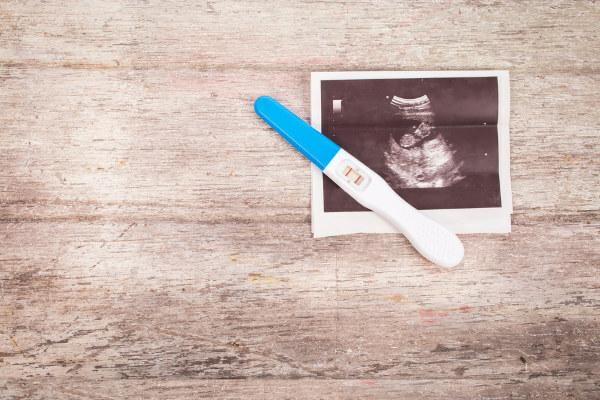postabortion syndrome is an expression used in reference to a series of negative psychological changes that occur after abortion. It is not recognized by the entire medical community and some authors deny its existence. However, although this syndrome is not included in the Diagnostic and Statistical Manual of Mental Disorders, abortion is an extremely delicate and can have a negative impact on parents' lives, it is important that these people receive adequate psychological support in these situations.
Read too:Depression - serious illness that needs specialized help
What is abortion?
Before we understand what postabortion syndrome is, we must understand what abortion is. According to the technical standard Humanized Abortion Care, of the Ministry of Health, abortion is defined as "The interruption of pregnancy until the 20th-22nd week and with design product weighing less than 500 g”.O term abortion is often used synonymously. abortion, but abortion is defined as the product of conception that was eliminated during the abortion.

the abortion has different causes, such as hormonal changes, chromosomal abnormalities, infections, anatomical changes and thrombophilias. It can also be caused by the mother, a practice that is considered illegal in the country.
Brazilian legislation allows abortion when there is no other way to save the pregnant woman's life and if the pregnancy is the result of rape. The Supreme Court (STF) also defined that abortion is not a crime in cases of anencephaly, that is, in situations in which the baby has a malformation in which most of the structures are absent. encephalic.
Read too: Abortion — what does the legislation say on the subject?
What is postabortion syndrome?
Post-abortion syndrome is a term used in reference to a series of similar negative symptoms seen in patients who have experienced miscarriage. After this occurrence, the woman may experience several negative feelings regarding the loss of the baby, such as guilt, anxiety, anger, frustration and anguish.
Many women who have suffered from abortion have nightmares about the baby, frustration of the maternal instinct, high interest in babies, low self-esteem, desire to end the relationship, loss of sexual interest, suffering on the anniversary of death and flashbacks of the experience of abortion. These feelings can lead to development of psychological problems serious, such as depression. In addition, the woman, after the loss, can develop self-punishing behaviors, which include the excessive consumption of alcohol and eating disorders.

In the case of induced abortions, some studies show that the symptoms can remain for a long period, and it is estimated that depression and anxiety can last up to five years. In situations of abortion triggered by natural causes, depression and anxiety last for a shorter time, being generally present in the first six months.
It is noteworthy that the so-called post-abortion syndrome it is not a syndrome accepted by the entire medical community. According to some authors, abortion does not increase the risk of depression, anxiety or other psychological problems any more than giving birth or an unwanted pregnancy. In addition, several authors argue that abortion does not always cause negative feelings, and it has been verified that, in many women, the feeling is one of relief. There are still those who argue that the term postabortion syndrome was a condition invented with the intention of getting people to give up on abortions.
Although there is no official diagnosis of postabortion syndrome in the Diagnostic and Statistical Manual of Mental Disorders, it is important to emphasize that abortion, induced or not, can be a traumatic event for some women.. Each person will respond differently to abortion, and this response is related, for example, to the fact that the pregnancy is or is not wanted and there is or not the support of the partner.
It is important for the woman to seek psychological help if she realizes that the emotions experienced after an abortion are very difficult to bear.
By Vanessa Sardinha dos Santos
Biology teacher
Source: Brazil School - https://brasilescola.uol.com.br/biologia/sindrome-posaborto.htm
